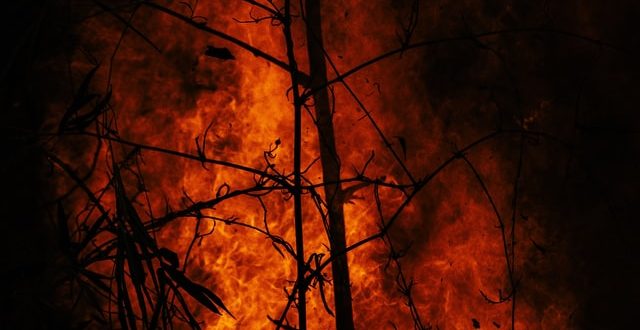To fire mitigate your property, located in Littleton, contact us now. You’ve heard of the term “fire mitigation.” If you live in an area where wildfires are common, you may even hear about the steps you can take to mitigate fires. The question for many is what this really means. Does it mean all fires are suppressed and prevented? What about the ecosystems that rely on forest fires? It’s important to understand what fire mitigation really means so you can take the right steps. Preventing Fires from Starting In some cases, the fire mitigation tips will be used to prevent fires from having the chance to ignite. This step usually involves getting rid of the fuel that will lead to
(719) 400-9104
office@coloradomastication.com
Fire has a direct effect on the soil in areas. There are a variety of effects that can happen to the soil depending on the temperatures of the soil. However, many of these actions are necessary and helpful in the future. It’s important to understand the abiotic responses of fires. How Fires Affect the Soil Soil is affected through both the heating and combustion processes of fires. The temperatures during the combustion processes will affect what actually happens to the soil. The following can happen: • Evaporation of water at lower temperature • Combustion of soil organic matter • Formation of pyrogenic organic material, such as charcoal The nutrients in the soil can also change whether through oxidation, erosion, volatilization,

